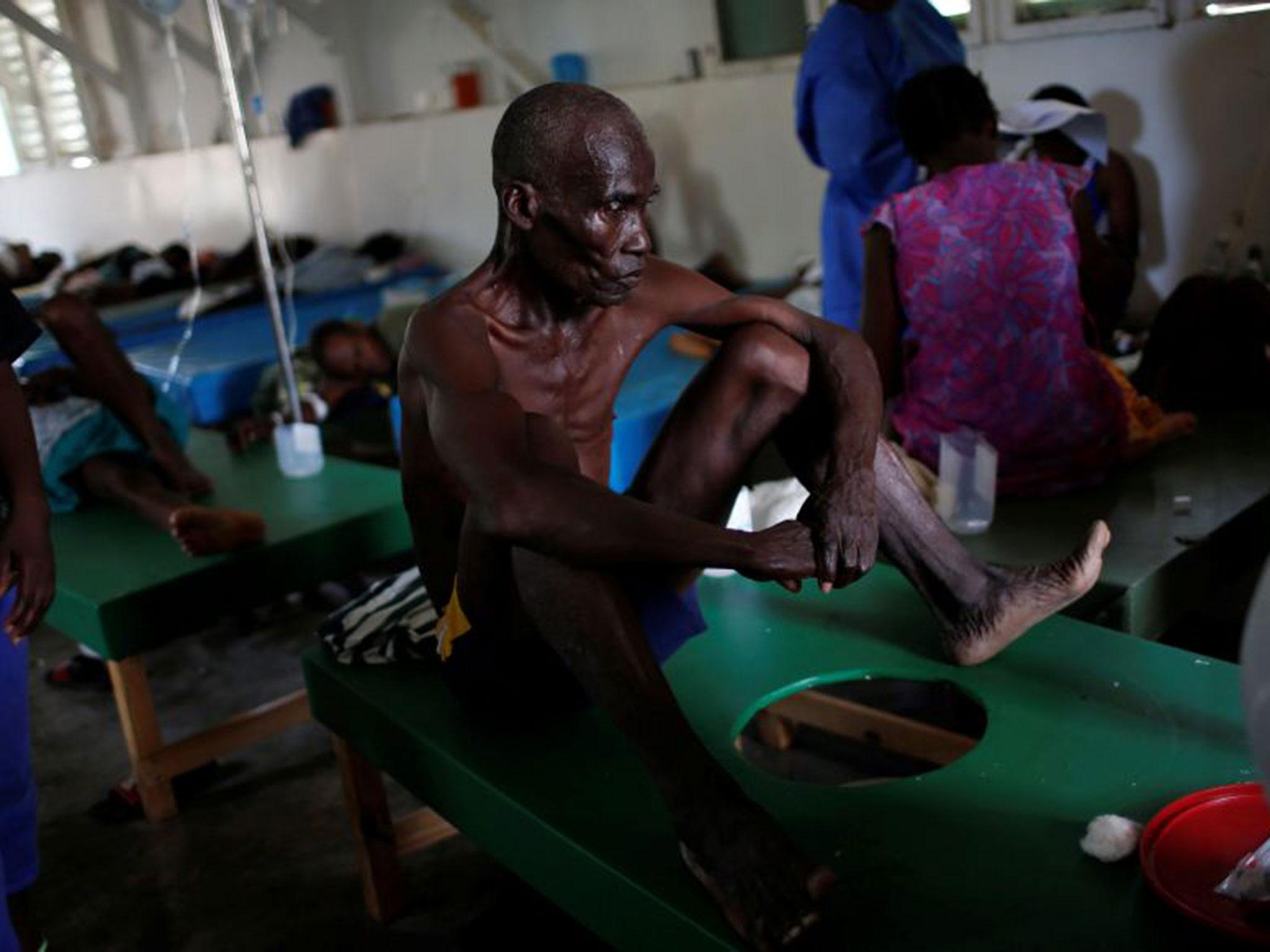Hurricane Matthew: How you can help the relief effort in Haiti
At least 1,000 people have died since the natural disaster hit the western hemisphere's poorest country

Your support helps us to tell the story
From reproductive rights to climate change to Big Tech, The Independent is on the ground when the story is developing. Whether it's investigating the financials of Elon Musk's pro-Trump PAC or producing our latest documentary, 'The A Word', which shines a light on the American women fighting for reproductive rights, we know how important it is to parse out the facts from the messaging.
At such a critical moment in US history, we need reporters on the ground. Your donation allows us to keep sending journalists to speak to both sides of the story.
The Independent is trusted by Americans across the entire political spectrum. And unlike many other quality news outlets, we choose not to lock Americans out of our reporting and analysis with paywalls. We believe quality journalism should be available to everyone, paid for by those who can afford it.
Your support makes all the difference.Since Hurricane Matthew tore through Haiti, at least 1,000 people have died and 1.4 million are in need of humanitarian assistance.
Many towns in the south-western part of the country have been almost totally destroyed.
The poorest country in the western hemisphere, Haiti was still rebuilding following a devastating 2010 earthquake.
Now, the immediate danger of the storm has passed, but longer-term threats are emerging.
In particular, the prospect of a spread of disease has relief workers concerned – more than a dozen people have died of cholera since the storm.
The following organisations are working on the ground to alleviate the crisis and are appealing for donations:
Oxfam
Three tonnes of water purification equipment – urgently needed to halt the spread of cholera and other diseases – are being delivered by Oxfam, along with construction materials. The charity is also worried about the damage to agriculture caused by the hurricane – in many affected areas, the vast majority of people relied on self-sufficiency farming.
"Our greatest fear is that loss of crops and possible spread of cholera and other diseases will cause more deaths than the actual hurricane over the next days and weeks,” said Damien Berrendorf, Director of Oxfam in Haiti.
"We are talking about extremely vulnerable people who have lost absolutely everything. They will not recover their livelihoods or reach minimum survival conditions without significantly more support."
You can donate here.
Unicef
The UN’s Children’s Fund hasestimated that half a million children live in the areas worst affected by the hurricane. Unicef teams on the ground are hoping to raise at least £4 million to help address the needs of children caught up in the disaster.
In particular, they want to provide safe water and restore health services, including taking precautions against malnutrition.
In addition, Unicef - which is entirely reliant on donors - plans to set up temporary classrooms and implement measures to help protect children from exploitation and abuse.
You can donate here.
Save the Children
As well as responders helping families affected by Hurricane Matthew, Save The Children are distributing hygiene kits, mosquito nets and care packs for babies.The charity will also set up safe spaces for children to rest and recover.
You can donate here.
Action Aid
Action Aid has been present in Haiti since 1996 and, like other charities, has contacts and programmes within local communities. Food, water and cholera kits – containing hygiene and water purification equipment – are being distributed by the charity.
“Homes and crops have been totally destroyed, supplies of food and water are fast running out and disease is beginning to spread,” said Yolette Etienne, who is leading the charity’s response on the ground.
“The next few days are a race against time to save lives.”
You can donate here.
Join our commenting forum
Join thought-provoking conversations, follow other Independent readers and see their replies
Comments